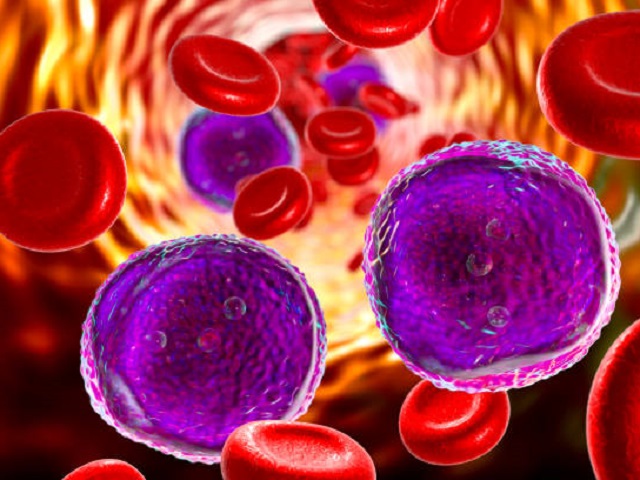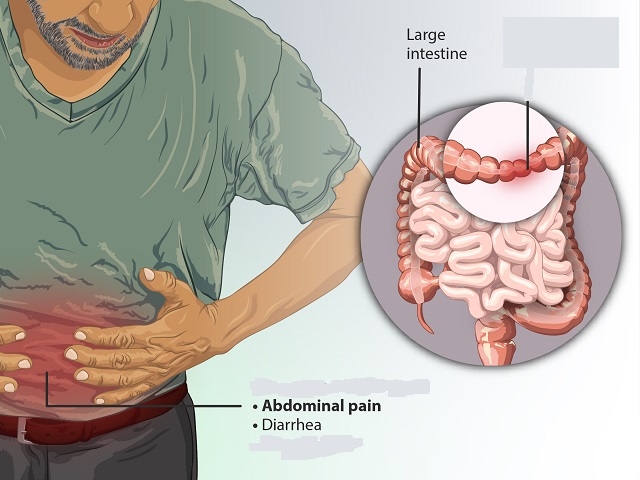10 Signs You May Have Leukemia -- Symptoms, Causes, Effects, Treatment and Prevention
Leukemia is a type of cancer that affects the blood and bone marrow, leading to the production of abnormal white blood cells. It is characterized by the rapid production of these abnormal cells, which interfere with the normal functioning of healthy blood cells.
Symptoms of Leukemia
The symptoms of leukemia can vary depending on the type and stage of the disease. Common symptoms include:
- Fatigue and weakness
- Frequent infections
- Unexplained weight loss
- Easy bruising or bleeding
- Pale skin
- Bone pain or tenderness
- Swollen lymph nodes
- Night sweats
- Shortness of breath
- Recurrent nosebleeds
It's important to note that these symptoms can also be associated with other medical conditions. If persistent or concerning, it's recommended to seek medical evaluation.
Causes of Leukemia
The exact causes of leukemia are still not fully understood. However, certain factors have been identified that may increase the risk of developing the disease, including:
- Genetic predisposition: Some inherited genetic abnormalities can increase the likelihood of developing certain types of leukemia.
- Environmental factors: Exposure to high levels of radiation, certain chemicals (such as benzene), and certain chemotherapy drugs used to treat other cancers may increase the risk.
- Previous cancer treatments: Individuals who have undergone certain cancer treatments, such as radiation therapy or chemotherapy, have an increased risk of developing leukemia.
- Certain medical conditions: Some rare genetic disorders, such as Down syndrome, are associated with a higher risk of leukemia.
Effects of Leukemia
Leukemia can have various effects on the body, including:
- Impaired immune function: The abnormal white blood cells produced in leukemia can crowd out healthy cells, leading to a weakened immune system and an increased susceptibility to infections.
- Anemia: Leukemia can cause a decrease in the production of healthy red blood cells, leading to anemia. This can result in fatigue, weakness, and shortness of breath.
- Bleeding and bruising: The abnormal cells in leukemia can interfere with the normal clotting process, leading to an increased risk of bleeding and bruising.
- Organ damage: As leukemia cells accumulate in the bone marrow and blood, they can affect the function of other organs, such as the liver, spleen, and lymph nodes.
Treatment of Leukemia
The treatment of leukemia depends on several factors, including the type of leukemia, stage of the disease, and overall health of the individual. Treatment options may include:
- Chemotherapy: The use of powerful drugs to destroy cancer cells and stop their growth.
- Radiation therapy: The use of high-energy radiation to target and kill cancer cells.
- Targeted therapy: Drugs that specifically target certain abnormalities present in leukemia cells.
- Immunotherapy: Treatment that boosts the body's immune system to recognize and destroy cancer cells.
- Stem cell transplant: A procedure that involves replacing diseased bone marrow with healthy stem cells to promote the production of healthy blood cells.
Prevention of Leukemia
Since the exact causes of leukemia are still unclear, there are no specific measures for preventing the disease. However, adopting a healthy lifestyle and minimizing exposure to known risk factors, such as chemicals and radiation, may help reduce the risk. It's also important to undergo regular medical check-ups and screenings to detect any abnormalities early.
References:
Leukemia. Mayo Clinic. Retrieved from https://www.mayoclinic.org/diseases-conditions/leukemia/symptoms-causes/syc-20374373
Leukemia. American Cancer Society. Retrieved from https://www.cancer.org/cancer/leukemia.html


















